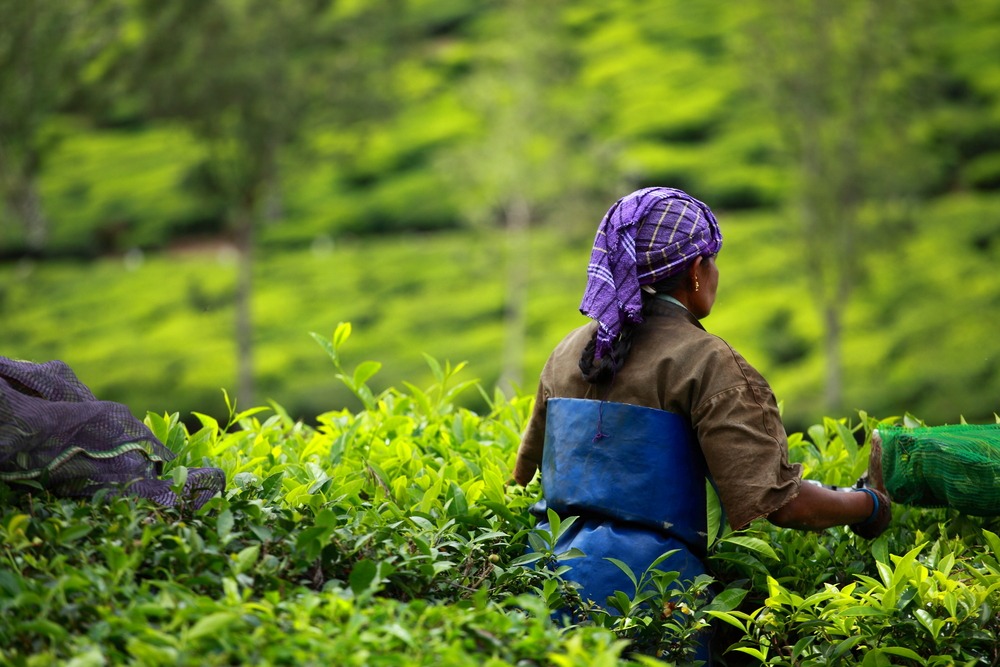DeHaat, an Indian agribusiness marketplace and supply chain technology, has raised Rs29 crore ($4 million) in seed funding from leading Indian agrifood tech venture firm Omnivore and online venture capital platform AgFunder (*yes, that’s us!)
The investment marks AgFunder’s first in India.
DeHaat is a technology-based platform offering end-to-end agricultural services to farmers, including distribution of high-quality agri inputs, customized farm advisory, access to financial services, and market linkages for selling their produce.
In India, around 70% of farmers are smallholders with just one or two hectares to farm, whether they own it or not. This fragmentation coupled with limited supply chains means they often lack access to high-quality seeds, fertilizers and crop protection products leaving them plagued with low productivity. There are also few sales channels for them to sell their crops and with nowhere to store their produce, they’re forced to sell them when they’re most abundant and at the cheapest rates.
“They’re stuck in a vicious cycle of poor yield, poor quality, and poverty,” says Michael Dean, founding partner at AgFunder. “DeHaat is solving many of these problems by connecting farmers to local Nodes managed by micro-entrepreneurs who are supplying high-quality seed and agrochemicals as well as providing agronomic and market advice to farmers at the local level.”
By penetrating the supply chain and providing new channels in this way, DeHaat is streamlining the supply chain between the farmers, the input suppliers and the production buyers, creating a type of three-sided marketplace, adds Dean. And, at the same time, DeHaat brings transparency and efficiency across the entire agricultural value chain for B2F (Business to Farmers) partners, including agri input companies, financial institutions, and commodity bulk buyers.
At the other end, DeHaat aggregates buying demand from institutional buyers such as exporters and food companies throughout the year, streamlining sales channels and bypassing the traditional constraints faced by farmers in selling their crops.
Technology plays a key role as DeHaat provides an ICT platform — called Agrevolution — for farmers to gain information and data around what they’re planting, best practices, agronomic advice and so on. “It’s a bit like a supercharged Farmers Business Network for smallholders,” said Dean.
Based in Gurgaon and Patna, DeHaat was founded in 2012 by alumni of IIT Delhi, IIT Kharagpur, and IIM Ahmedabad. Currently, the DeHaat platform supports over 55,000 farmers across Bihar, Uttar Pradesh, and Odisha, bringing them 500+ agri input SKUs, exhaustive advisory content for major crops, and 100+ commodity bulk buyers after they harvest. Existing angel investors in DeHaat include the founders of Mouthshut.com and IIM Calcutta Innovation Park (IIMCIP). Despite having never previously raised institutional capital, DeHaat is on track to double revenue this year with positive EBITDA. With the current round of funding, DeHaat is targeting growth of 3-4x over the next 18-24 months.
The current round of funding will help DeHaat deepen its network in Bihar, Uttar Pradesh, and Odisha to reach 250,000 farmers, supported by 550 DeHaat micro-entrepreneurs, by March 2020. The company is likewise launching farm credit and crop insurance services in the coming year.
Shashank Kumar, founder & CEO of DeHaat, said, “We have built a scalable business model and data-driven technology platform to enable large stakeholders (including agri input companies, financial institutions, and commodity bulk buyers) to transact with our farmers efficiently. Our goal is to reach 1 million happy farmers on the platform in the near future.”
Commenting on the transaction, Jinesh Shah, managing partner of Omnivore, said “Increasing the profitability of smallholder farmers is the most important priority in rural India, and DeHaat has developed a scalable, sustainable model for doing exactly that. Omnivore is thrilled to partner with DeHaat to expand its network across Eastern India.”





